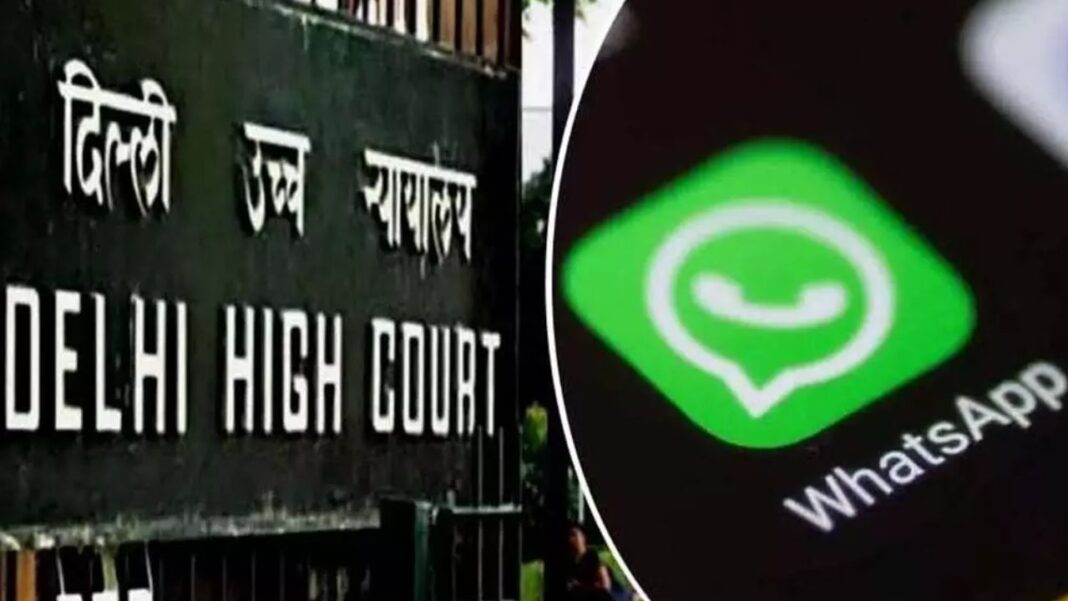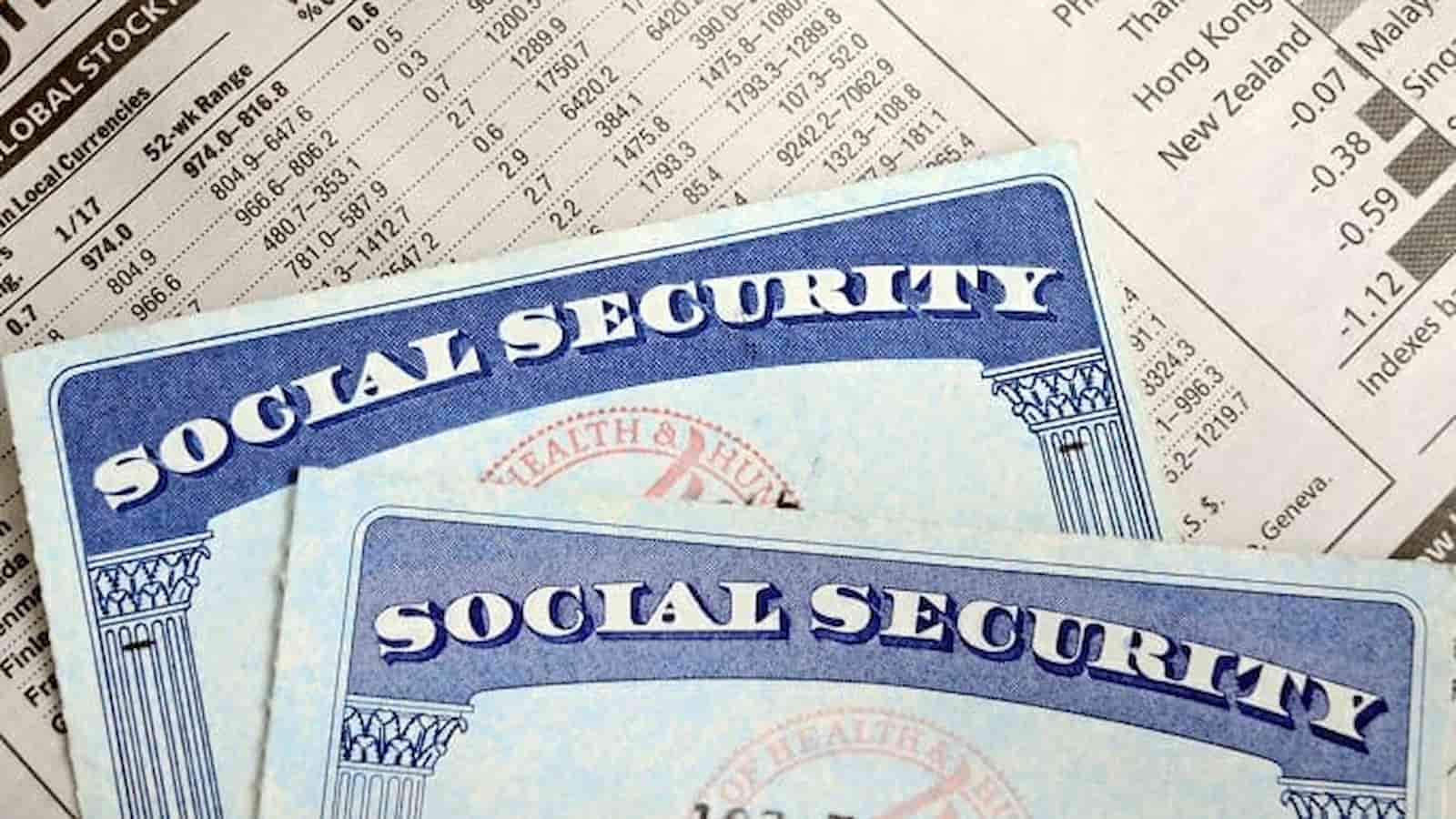WhatsApp to Delhi HC: The Delhi High Court has been informed that WhatsApp will effectively shut down in India if it is forced to break message encryption.
Meta-owned company says end-to-end encryption protects user privacy by preventing third parties from accessing messages.
In his appearance on behalf of the US-based company, Tejas Karia said people use the platform because of its end-to-end encryption and the assurance of privacy it provides.
“As a platform, we are saying, if we are told to break encryption, then WhatsApp goes,” Karia told a Bench of Acting Chief Justice Manmohan and Justice Manmeet Pritam Singh Arora.
The Court heard from Karia today that this provision would require WhatsApp to store millions and millions of messages for years on end, a requirement that does not exist anywhere else in the world.
WhatsApp, which has more than 400 million users in India, is the platform’s largest market because of its privacy features.
During Meta’s annual event last year, Meta CEO Mark Zuckerberg said, “India is a country that is at the forefront… You are leading the world in embracing messaging.”
During the hearing, WhatsApp and Facebook (now known as Meta) challenged Rule 4(2) of the Information Technology (Intermediary Guidelines and Digital Media Ethics Code) Rules, 2021.
According to the companies, the law weakens encryption and violates Indian Constitutional privacy protections.
Also Read: Inside NFL Rookie Contracts: Exploring the Earnings of 1st Round Draft Picks
When a court or a competent authority orders it, a significant social media intermediary must identify the first originator of information on its computer resources.
It argued that the rules undermined the encryption of content and users’ privacy.
Moreover, it violates Articles 14, 19, and 21 of the Indian Constitution, which guarantee fundamental rights of users.
“There is no such rule anywhere else in the world. Not even in Brazil. We will have to keep a complete chain and we don’t know which messages will be asked to be decrypted. It means millions and millions of messages will have to be stored for a number of years,” Karia said.
According to Singh, there must be some way to trace messages since that is the need of the hour, and WhatsApp has faced some very difficult questions in Congress.
In the end, the Supreme Court adjourned the case until August 14 and said that these two cases would be heard with a batch of other cases transferred to the Delhi High Court.
It was said by the bench that privacy rights are not absolute and “somewhere a balance must be struck.”
Various provisions of the IT Rules 2021 are also challenged in that batch of cases.
Also Read: WhatsApp Channels Updates: Voice Notes, Multiple Admins, Get Polls, And More Features




